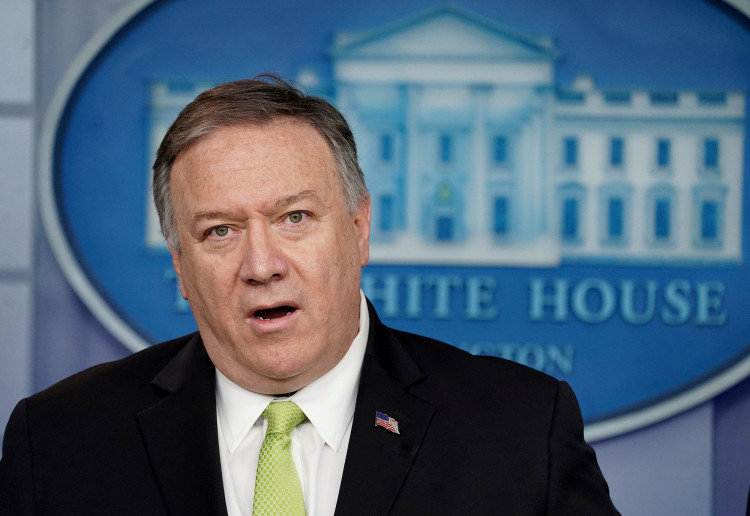A senior banker declared that the newly imposed Unites States trade sanctions were designed to threaten banks who would find it difficult to operate if violations incur. He then suggested that it would not be worthwhile for a bank to engage in the types of businesses covered by the sanctions due to the amount of money that they put at risk for US sanctions.
Under the condition of anonymity, the senior banker revealed to Regulation Asia that it is not worthwhile for Asian banks and other foreign financial institutions to engage in businesses covered by the newly established US sanctions.
Last January 10, 2020, the White House issued an executive order containing the sanctions to be imposed on Iran's mining, manufacturing, textile, and construction sectors. The said order also offered a 90-day wind-down period.
There was also the imposition of secondary sanctions against foreign financial institutions that offered their services to four newly-covered sectors of Iran. According to the Treasury Department, the opening and maintaining of transactions concerned with the Iran sectors would garner a correspondent account or a payable-through account sanction on the said foreign financial institution.
The heavy penalties for non-compliance and the new sanctions were said to have put pressure on financial institutions to ensure their clients that they are not engaged in the prohibited activities with Iran's sectors.
The Treasury's Office of Foreign Assets Control also added 17 Iranian metal producers and mining companies to the sanction list. Among those added were six companies based in Hong Kong, China, and Dubai. The said companies were said to have been involved with Iran's petrochemical and petroleum sectors.
The senior banker then claimed that the consequence of being covered by the US sanctions may result in the loss of its ability to transact business in US dollars. It was then discussed that doing away with US dollars could be very difficult for a bank as proved by a cost-benefit analysis that always favors US dollar businesses.
The banker further added that even though the financial institutions would operate with only euros, Swiss franc, or Chinese Yuan from a banking point of view, the US authorities could still claim that such an institution is still covered by the US sanctions.
The banker then suggested that it is not worthwhile for a financial banking institution to engage in the types of businesses covered by the US sanctions. The banker further added that it is a high-risk business and that the bank may be pressured to alter its business operations altogether if they would incur penalties.
It was also discussed that it would be more difficult for banks to transact non-US dollar currencies for bond businesses because the mentioned companies already have outstanding Eurobonds.






